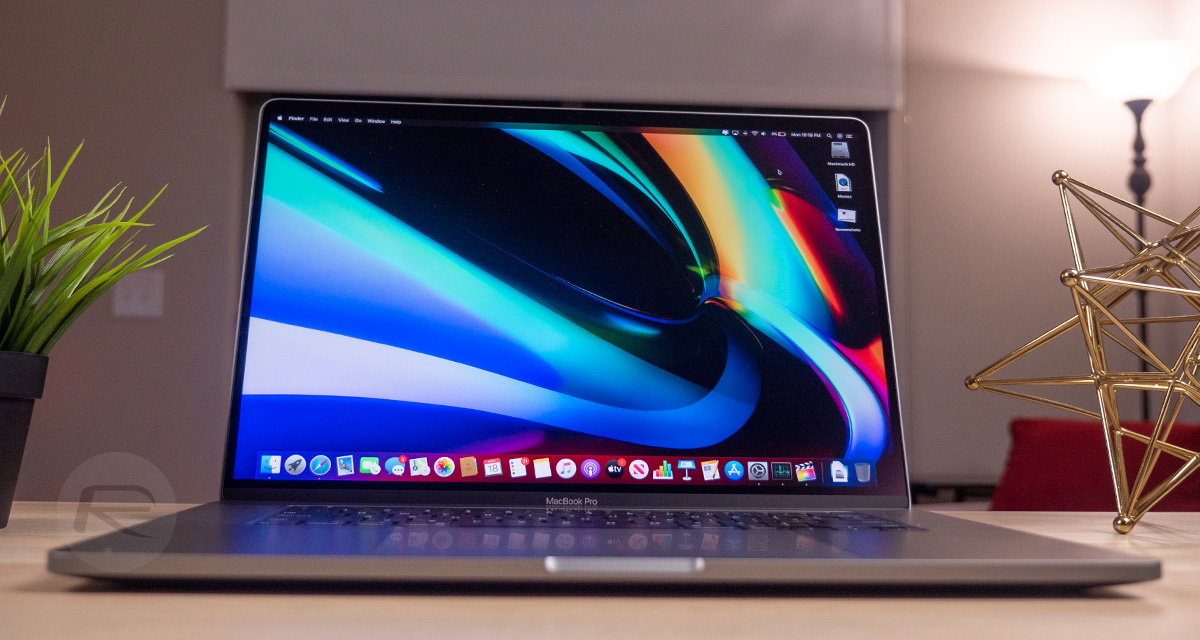A new bug has been discovered in the macOS that can create gigabytes of data that isn’t required when transferring photos and videos from an iPhone or iPad. The data itself is empty, it just takes up tons of space.
The bug was found by the developers of media management app NeoFinder and then shared in a blog post.

The issue was originally found to be originating from when the Image Capture app takes HEIF images and then tries to convert them to JPG files. Each image then gets around 1.5MB of empty data added which can really add up quickly.
Of course, this is a colossal waste of space, especially considering that Apple is seriously still selling new Macs with a ridiculously tiny 128 GB internal SSD. Such a small disk is quickly filled with totally wasted empty data. With just 1000 photos, for example, this bug eats 1.5 GB off your precious and very expensive SSD disk space.
However, it was then found that Image Capture is not the culprit, and it appears that it’s a macOS framework issue.
Other macOS applications that use Apples ImageCaptureCore.framework seem to be affected as well. So the bug is probably not in Image Capture, but in the lower level macOS framework.
Given the size of the SSD that Apple has been shipping in standard Mac configurations, that usless data can soon eat into space that most people don’t have.
Apples Photos.app internally only stores the actual HEIC files, and manually exports them to JPEG if you drag one of these into the Finder. This bug doesn’t happen in that case.
For now though getting your hands on the latest beta of Graphic Converter here, will allow you to remove all that empty data from your JPG files. As for getting Apple to fix this issue, the company has been notified, and has asked for more information and data. There’s no indication when we can expect it to get around to fixing it, however.
The iPhone-maker has been accused of suffering from a lack of software quality control in recent years, and bugs like this really don’t help its cause.
(Source: NeoFinder Blog)
You may also like to check out:
- iPhone SE 2 2020 Screen Protector: Here Are The Best You Can Buy Today [List]
- iPhone SE 2 2020 Case: Here Are The Best Ones You Can Get Today [List]
- Download: iOS 13.4.5 Beta 2 IPSW Links, OTA Update Along With iPadOS 13.4.5 Beta 2 Released
- Kodi 18.6 IPA APK Download For iOS 13 / iPadOS 13, Android Released
- Run Multiple 2 WhatsApp Accounts Number On 1 iPhone The Right Way, Here’s How
- Download: iOS 13.4.1 IPSW Links, OTA Update Released Along With iPadOS 13.4.1 Released
- Jailbreak iPhone 11 Pro Max With Unc0ver 4.0.0 On iOS 13.3 Now
- Checkra1n For Windows Alternative: How To Use Ra1nUSB For iOS 13.3 Jailbreak
- Jailbreak iOS 13.4.1 / iPadOS 13.4.1 Using Checkra1n, Here’s How [Guide]
- Downgrade iOS 13.4.1 To iOS 13.3.1 For Checkra1n Jailbreak, Here’s How
- Apple Watch ECG App Hack: Enable Outside US In Unsupported Country On Series 5 & 4 Without Jailbreak
You can follow us on Twitter, or Instagram, and even like our Facebook page to keep yourself updated on all the latest from Microsoft, Google, Apple, and the Web.
